The deteriorating security situation in some of West Africa’s most neglected and climate-vulnerable borderlands, such as the Lake Chad region or the Liptako-Gourma region, is alarming by any standard. In a geographical area comparable in size to France, organized crime and nonstate armed groups are increasing their influence and seizing power. It is also very worrisome that the Islamic State is expanding its reach across Africa, and West Africa has become an alphabet soup of militant groups. In 2020, 24 million people were in need of humanitarian assistance and protection in the Sahel region—the highest number ever recorded. Moreover, the situation does not look as if it will improve anytime soon: The Lake Chad region alone hosts more than 3 million displaced people, more than half of whom are children. The conflict continues to escalate, uninterrupted by the pandemic: In Burkina Faso, for example, more than 1 million people have been internally displaced, a fourfold increase in one year. The emergency is already affecting Mauritania and risks further spilling over into the coastal countries of Benin, Côte d’Ivoire, Ghana, and Togo.
These bordering regions are large and have a high concentration of neglected periphery populations; this volatile mix has the potential to spill over to neighboring countries and regions. In these areas, 40 percent of violent events and fatalities occur within 100 kilometers of a national border, a trend that highlights the fact that criminal and militant groups thrive in neglected borderlands where state presence is weak, where increased competition over vulnerable resources is exacerbating communal tensions, and where a very young and poor population is easily lured into crime and violence. National borders also give illegal groups a strategic advantage: The reach of the state stops there, so these groups can cross the frontier easily. Borders are also a convenient source of revenue, through taxing trade or engaging in smuggling. These conflicts spread easily from one country to the next.
These recent trends also reveal that isolated national responses are overwhelmed and are inefficient. In addition, coordinated regional responses that often emphasize a security approach, such as the Multinational Joint Task Force in the Lake Chad region or G-5 Sahel, just put out fires while leaving root causes unaddressed. Local communities have demonstrated remarkable resilience but are also at a breaking point.
Building a durable peace in any one country and the prevention of future conflicts can only be successful if coordinated, regional, community-centered solutions are found.
Against this background, building a durable peace in any one country and the prevention of future conflicts can only be successful if coordinated, regional, community-centered solutions are found. Indeed, strategies for addressing the long-standing history of state neglect and poor governance as well as repairing the weakened social contract between a government and its citizens must be included in the approach. Again, these security hot spots require both regional and community-centered approaches:
- Regional, because fragility does not respect national borders. The security crisis has forced countries in West Africa to develop pragmatic ways of working together. Greater strategic regional cooperation and a common understanding of regional fragility, conflict, and violence (FCV) causes can help countries address some of the drivers in the long term instead of only “scratching the surface” by addressing symptoms.
- Community-centered, because putting the community at the center of development, including community control over planning decisions and investment resources, allows the delivery of services and local infrastructure at scale in an efficient and inclusive way. This approach has especially proven successful in fragile and conflict-affected settings. Some examples of such an approach include the World Bank’s Lake Chad Region Recovery and Development Project (PROLAC) and the Community-Based Recovery and Stabilization Project for the Sahel. In the context of these projects, the World Bank, together with a wide range of partners, is trying to operationalize a “think regionally and act locally” approach.
These projects support, on the one hand, access to timely and quality data and targeted analytics at the regional level, and inform—through regional development diplomacy—long-term strategies and priorities, including design of multiyear investments to combat FCV drivers sustainably. Knowledge and monitoring platforms, such as the one supported by PROLAC and hosted by the Lake Chad Basin Commission, can help policymakers monitor risks and build common understanding to harmonize approaches in the design of local development programs.
On the other hand, these projects aim to support—through a community-centered approach—the alignment of community-level investments with national and regional development strategies. This includes delivering integrated multisectoral intervention packages, such as enhancing basic service delivery, community infrastructure, restoring resilient livelihoods, improving connectivity to markets, roads, and developing regional value chains. In the Community-Based Recovery and Stabilization Project for the Sahel, for example, the process of identifying and prioritizing investments is led by the communities themselves, and the participation of youth and women and other vulnerable groups (including the forcibly displaced) is ensured in these community consultations.
This local-regional approach lays the foundation for long-term strategic and efficient development investment planning in the subregion. Establishing close collaboration and partnerships between countries and across development partners is a crucial step to do so. Solutions must be regional because fragility doesn’t respect national boundaries: People-centered regional solutions have the potential be a powerful new bulwark against the fast-spreading wave of conflict and fragility in West Africa.
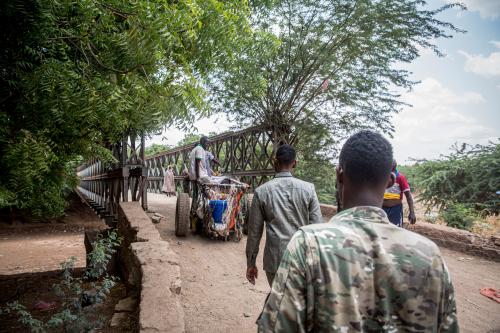
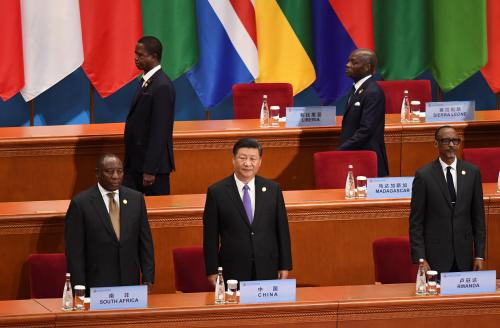
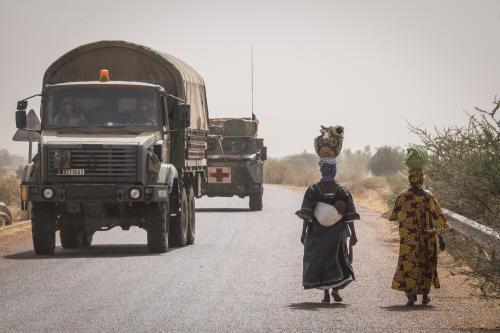
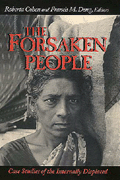
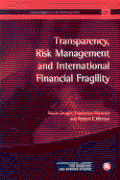
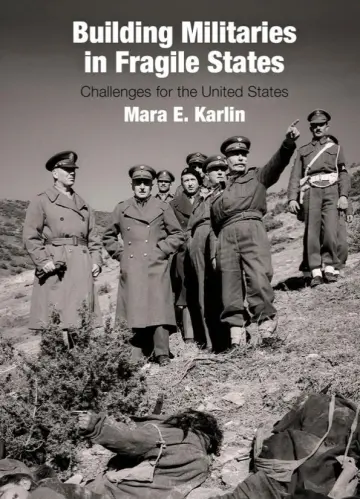


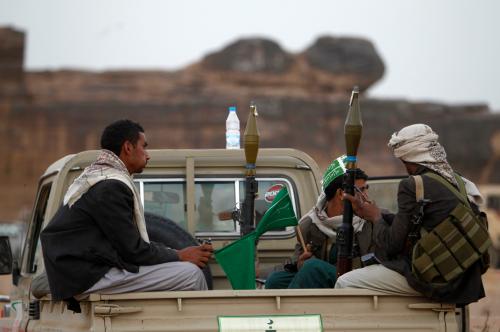


Commentary
Toward a regional response to fragility, conflict, and violence in West Africa: ‘Think Regionally and Act Locally’
January 14, 2022